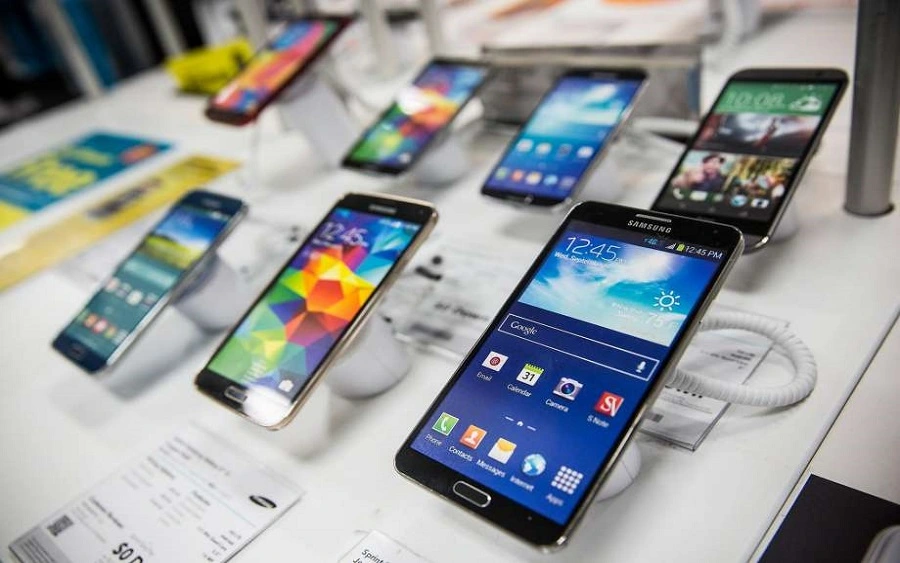By Joseph Ekeng
Persistent forex crisis and rise in inflation has taken a toll on retail spending in Nigeria, with the smartphone segment seeing a more than 32% fall in demand during the last quarter of 2022.
This was according to a market analysis by International Data Corporation. “Nigeria’s smartphone market declined 32.1 per cent y-o-y in Q4 2022 due to sustained high inflation and a shortage of U.S. dollars in the country,” the report said.
While this is a concern to stakeholders in the sector given Nigeria’s placement as the leading smartphone market in Africa, yet the dip is not isolated to Nigeria alone.
Other major markets in the region also recorded a fall in demand with Egypt leading the pack with a more than 56% drop, y-o-y.
South Africa on the other hand had a negligible slump of 1.8%, the least in the region.
According to the report, the Egyptian market was affected by unfavourable government regulation, which resulted in supply shortage and higher prices.
South Africa’s resilience was attributed to increased focus on the country from Chinese vendors, an improved performance from local brands, and promotional activities that took place during the festive season.
A senior research analyst at IDC, Arnold Ponela, said: “The mobile phone industry is now challenged by constrained demand even though the supply constraints that had previously been weighing on the market have started to ease off.
“Inflation and economic uncertainty have seriously dampened consumer spending, causing vendors to cut back drastically on shipments as their largest markets continue to struggle. The situation is not unique to Africa, with smartphone shipments declining across all major global markets in 2022.”
But despite the challenges, there is a ray of hope for the segment as experts have predicted resurgence in 2023.





Comment
No comments found.